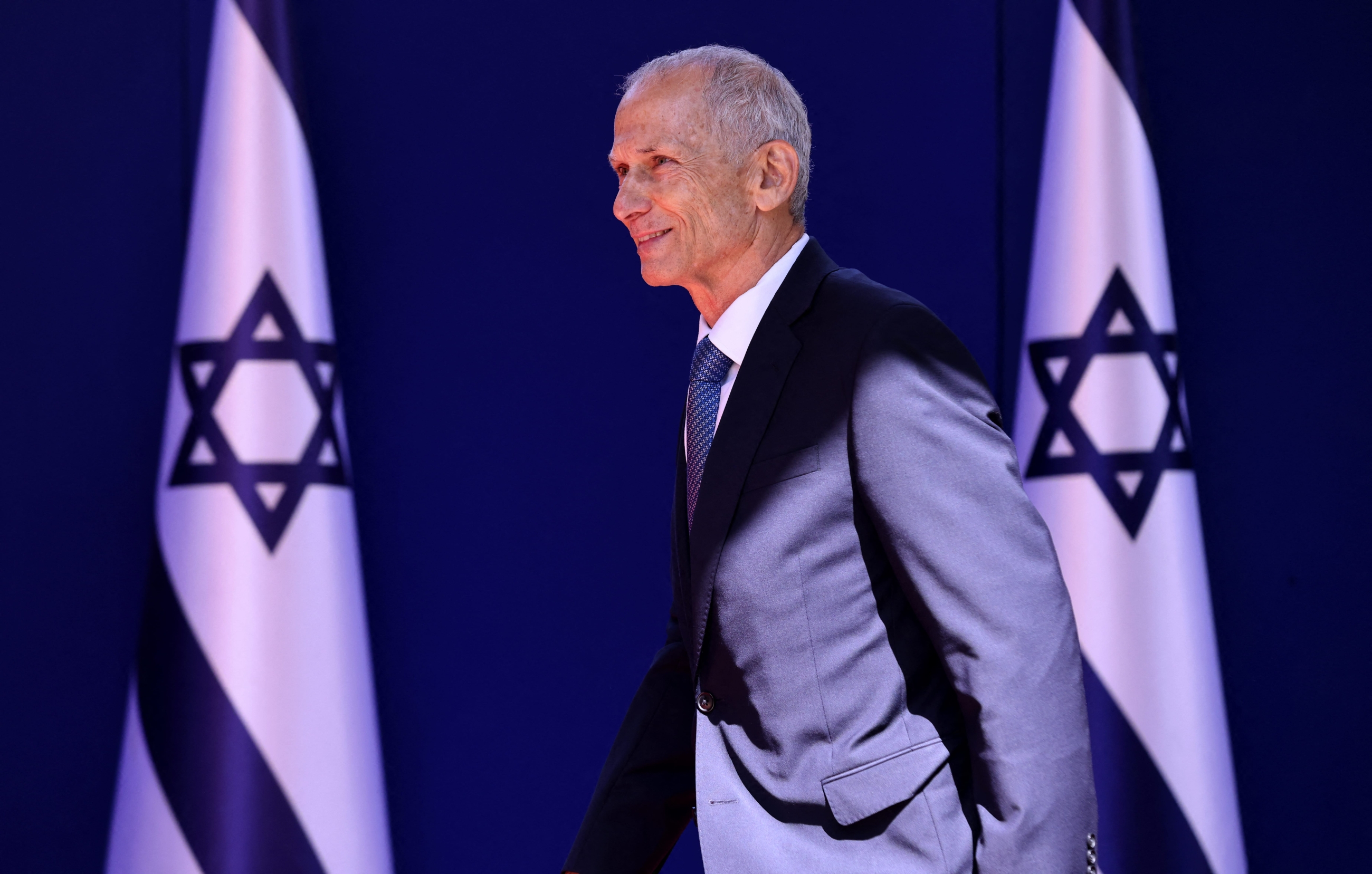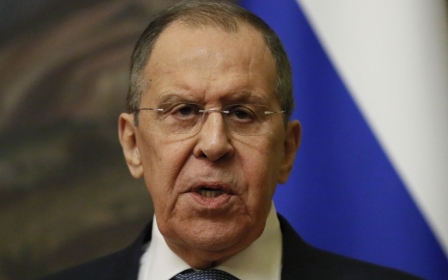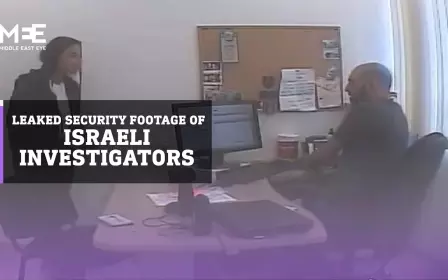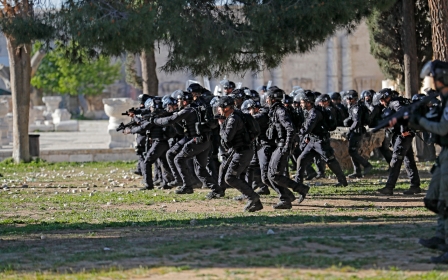Israel: Minister reveals long suppressed details of operative who died in Syria in 1984

Israel's military censor is preparing to respond after a minister revealed prohibited details of the death of an elite operative in Syrian territory in 1984.
Acccording to revelations made on Tuesday by Public Security Minister Omer Bar-Lev, Barak Sharabi, member of an elite Israeli special operation force, was killed under his command "somewhere in the depths of Syrian territory".
The revelation came despite a military order forbidding the publication of information about the death of Sharabi.
Bar-Lev disclosed the information on Israeli public radio after he was asked about members of the Israeli Defence Forces that died in action.
The announcement came as a surprise to the Military Censor's Office, which did not consent to the information being disclosed.
The office is now working to assess the impact of the revelations and minimise the consequences.
Sharabi fought in the first Lebanon war in 1982. He died two years later and was buried in the Israeli town of Ness Ziona.
He served in the IDF's special forces unit called Sayeret Matkal, and was then transferred to combat parachute and medical courses.
The Defence Ministry's memorial website only mentions that Sharabi was killed "in line of duty in 1984" but does not provide additional details about the location of his death.
Sharabi was due to be released from the army, the website notes, but his commander asked him to extend his soldier career by one year to "carry out a particular mission", request to which he agreed "without hesitation".
Middle East Eye delivers independent and unrivalled coverage and analysis of the Middle East, North Africa and beyond. To learn more about republishing this content and the associated fees, please fill out this form. More about MEE can be found here.





